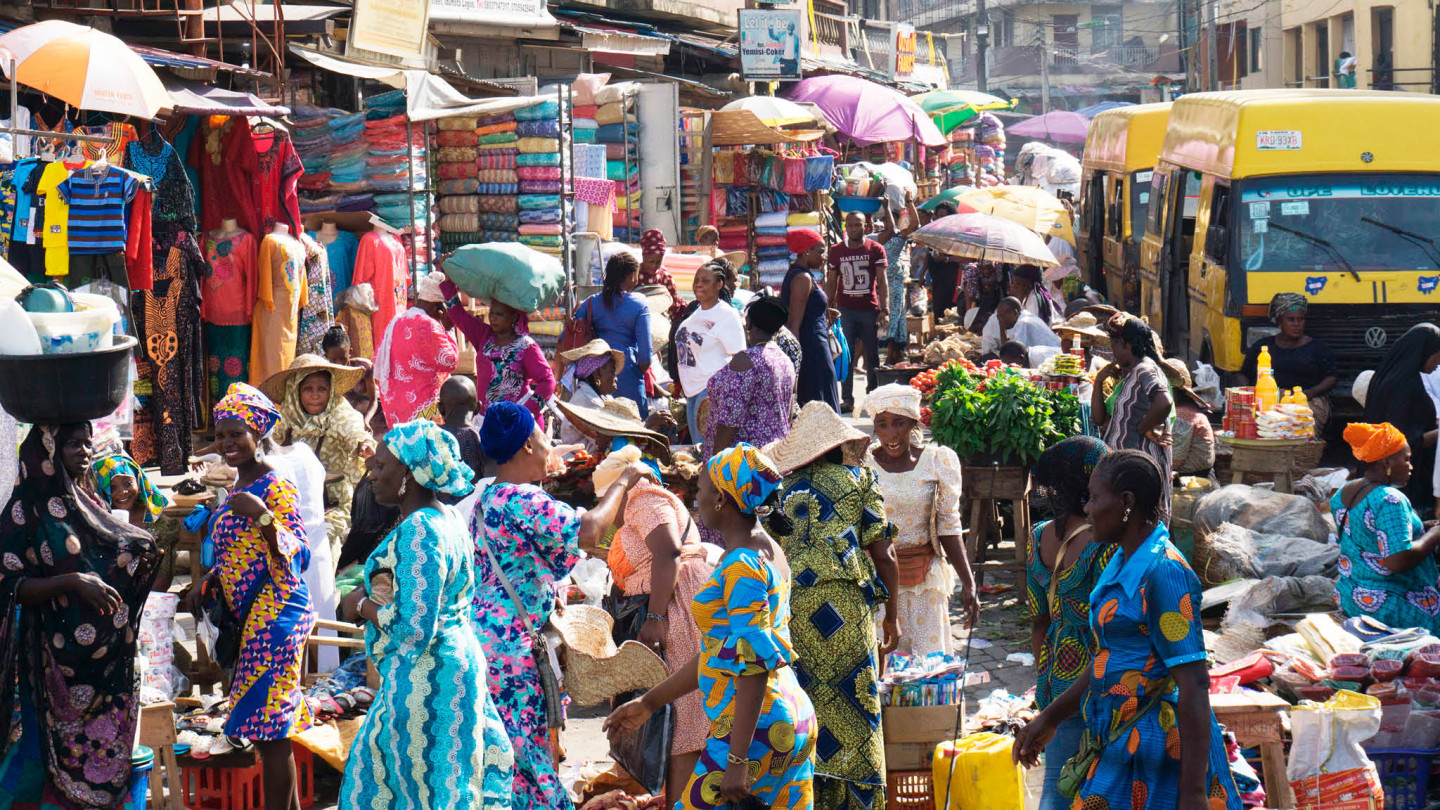A high percentage of Africans that travel do so for business, people travel to various places to source for raw materials or goods to trade back home, while others travel to attend business meetings and conferences and some to get inspired by the business culture they find where they go, although a good number of travelers from Africa travel for leisure, business tourism has ever been growing.
We have decided to give a few insights on some of the world’s rising business hubs and the niches they represent, home and abroad.
Kano

This ancient city (since the 7th century) maintains its economy and businesses even in the 21st century. The economic significance of Kano dates back to the pre-colonial Africa when Kano city served as the southernmost point of the famous trans-Sahara trade routes.
The products exported from Kano to North Africa include textile materials, leather and grains. Kano is a major Centre for the production and export of agricultural products like hides and skins, peanuts, and cotton. The city has railway station with trains to Lagos routed through Kaduna.
Kano’s economy relies on trade, retail and services and as a result, people from various line of business are seen in and out of this ancient city. The emergence of large retail outlets starting from early 2000 with Sahad Stores and Jifatu departmental stores revived investor confidence in the sector which led to the construction of the Ado Bayero mall the largest shopping mall in Nigeria with a retail space of 24,000 square meters. It has the popular filmhouse cinemas, the South African retail giants Shoprite and Game stores as anchor partners. (plan a trip here)
Lagos

The city of Lagos is often referred to as one of the major economic focal point in Nigeria, many businesses generating around 10% of the country’s GDP. Lagos is also the major Information Communications and Telecommunications (ICT) hub of West Africa and potentially, the biggest ICT market in the continent. Lagos is developing a 24-hour economy. The city never sleeps.
Although Lagos has been ranked among the most expensive place to live in Africa, the Port of Lagos is Nigeria’s leading port and one of the largest and busiest in Africa which makes it a fair trade place for businesses from other states to come. It is administered by the Nigerian Ports Authority and it is split into three main sections: Lagos port, in the main channel next to Lagos Island, Apapa Port (site of the container terminal) and Tin Can Port, both located in Badagry Creek, which flows into Lagos Harbor from the west.. The port has seen growing amounts of crude oil exported, with export figures rising between 1997 and 2000.Oil and petroleum products provide 14% of GDP and 90% of foreign exchange earnings in Nigeria as a whole(plan a trip here)
